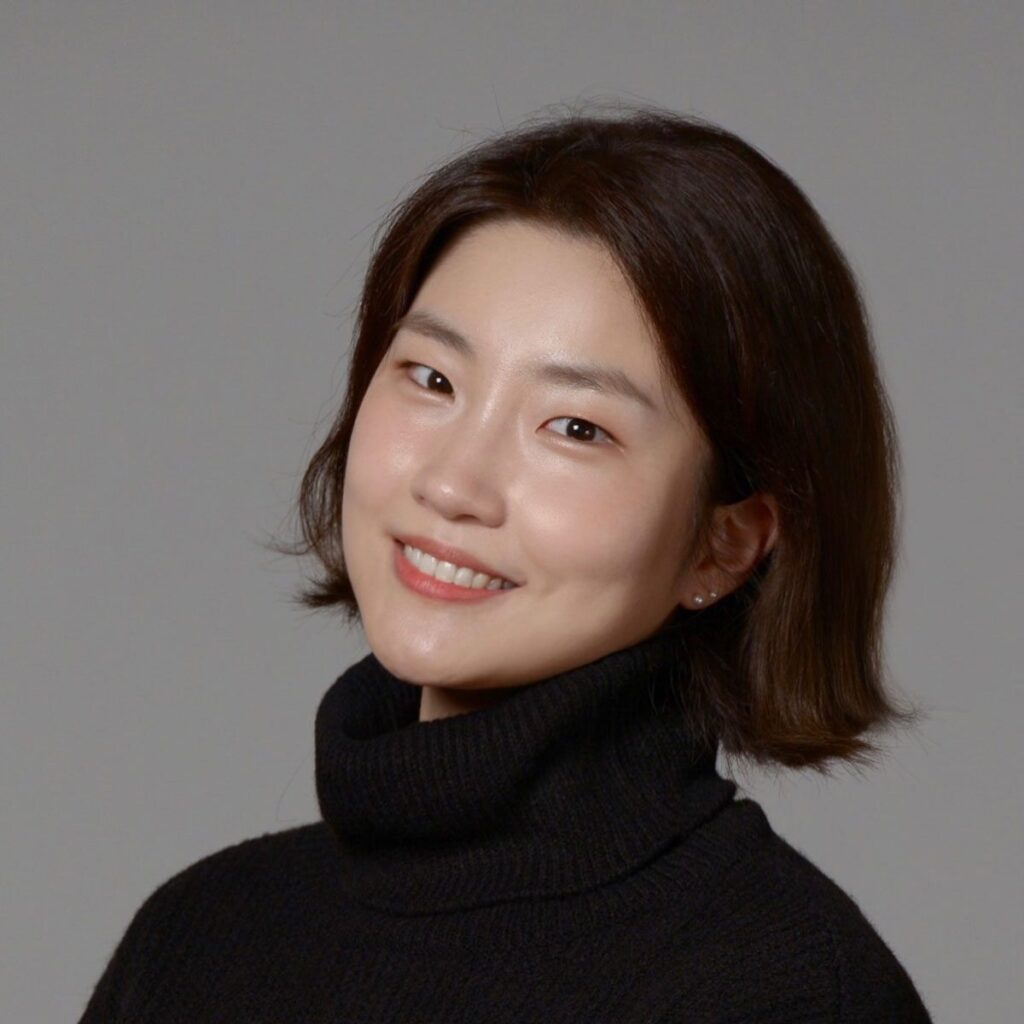The College of Communication and Information has announced the recipients of its annual CCI Graduate Awards for 2025, which recognize students for excellence in academics and teaching:
- CCI Graduate Student Research Award: Carla White
- CCI Graduate Student Teaching Award: Sarah Devereux
- CCI Outstanding Dissertation Award: Minjeong Kim (’24), PhD
Carla White
PhD candidate Carla White’s passion for research throughout her doctoral program has resulted in an impressive four published articles in top journals, two of which she is lead author; she also co-authored two book chapters and presented five conference papers at national and international conferences. While those are the hard numbers that exemplify White’s dedication to research, her creativity, drive, and innovative approach to research are what prompted her dissertation advisor, Interim Vice Provost of Academic Affairs Beth Foster, to nominate her for the CCI Graduate Student Research Award.

“In my almost 20 years as a faculty member in the College of Communication and Information, a real highlight has been the opportunity to advise and serve on numerous graduate committees. As I reflect back on that work, a few students stand out as true research superstars. Carla White is one of them, and it is an absolute privilege to serve as her advisor. Carla has one of the sharpest and most intuitive minds for research of any student with whom I have worked,” Foster wrote in the nomination.
White’s scholarship centers on internal communication, employee engagement and advocacy, social media, sustainability messages, and health communication. Foster said White’s dissertation, Bridging Dialogic Communication and Employee Behavior: A Model for Supervisory Internal Communication, is motivated by her passion for improving healthcare through employee-centered internal focus.
In her research philosophy statement, White writes that ethical considerations are central to her research, and she is “committed to research that not only advances and contributes to evolving PR theory and understanding but also has real-world application.” One example of this is White’s thesis on the oversaturation of sustainability messages in electric vehicle advertisements, which earned second place in top student papers at the National Communication Association (NCA) conference.
Foster also stated that White’s altruistic demeanor also shows up in how she treats other students, always ready to share her time and expertise with other students—a sign that one day White will be a competent and caring advisor herself.
Sarah Devereux
PhD candidate Sarah Devereux so excels at teaching that School of Communication Studies Associate Professor Jenny Crowley felt confident in her graduate teaching assistant’s ability to lead a 70-student lecture course on more than one occasion—a responsibility the professor doesn’t typically delegate to students.
“Having observed Sarah for two years, I can confidently state she has an excellent command of the classroom, with an innovative and approachable style of teaching that facilitates student learning,” Crowley stated in the nomination letter she wrote that led to Devereux winning the CCI Graduate Student Teaching Award this year.

Some of the innovative ways Devereux engaged her students included making fun quizzes on Kahoot and using crossword puzzles as supplementary study materials. In her own teaching philosophy, Devereux writes that she aims to get students to connect what they’re learning in communication studies courses to real-world interactions. One such example is, in interpersonal communications, she has students write a letter to a “communication expert” about an interpersonal problem they’re currently facing. Then, she breaks the students into groups where they respond to the letters, provide actionable suggestions, then discuss as a class possible solutions based on theories and concepts covered in class.
“My goal is to promote students’ abilities to conduct and consume research so they are equipped to solve problems in their lives later on. I encourage open communication by making my classroom a safe space where students can discuss relevant examples in their lives. I share personal anecdotes of concepts relevant to my life and provide discussion opportunities for students to also share if they are comfortable,” she stated in her teaching philosophy.
The feedback from students in teaching evaluations for Devereux’s research methods course is consistently that she is “the best instructor students’ have had at UT” and students genuinely enjoy her class, Crowley wrote. Students also spoke to her dedication to their success, noting she stays after class to assist students who need help and often has a “line out her door for office hours” to ensure all their concerns are addressed.
Minjeong Kim, PhD
Minjeong Kim, who graduated with her doctoral degree in 2024 with a concentration in advertising, won the CCI Outstanding Dissertation Award for her dissertation How to Bridge Materialism and Ethical Behavior: Exploring the Influence of Scarcity Appeal.
“This novel work shows that creating a sense of urgency due to product scarcity (e.g., limited edition products), can motivate a group of consumers who would not normally engage in ethical consumerism to do so,” Tombras School of Advertising and Public Relations Professor Eric Haley wrote in his nomination letter for Kim to receive this award. “This is a strategy that could have important real-world implications for numerous industries that produce products and services attractive to consumers who value materialism, thus opening the door for more sustainable consumer behavior among this group.”

Haley, who was Kim’s dissertation advisor, went on to note Kim’s dissertation has been accepted for presentation at the Global Marketing Conference’s Future of Fashion and Luxury Marketing track in Hong Kong this July.
Since earning her PhD, Kim has gone on to teach marketing at Millikin University’s Tabor School of Business as an assistant professor. She has continued this line of research in marketing and social responsibility, which includes disabled influencers, brand activism, and cause marketing. In addition to that scholarship, Kim also studies emerging technologies, which includes AI chatbots, the Metaverse, NFTs, and virtual influencers. She recently published a paper this year, Self-Discrepancy as a Motive for Non-Fungible Token (NFT) Acquisition: A Psychological Ownership Perspective, in the Journal of Advertising.

